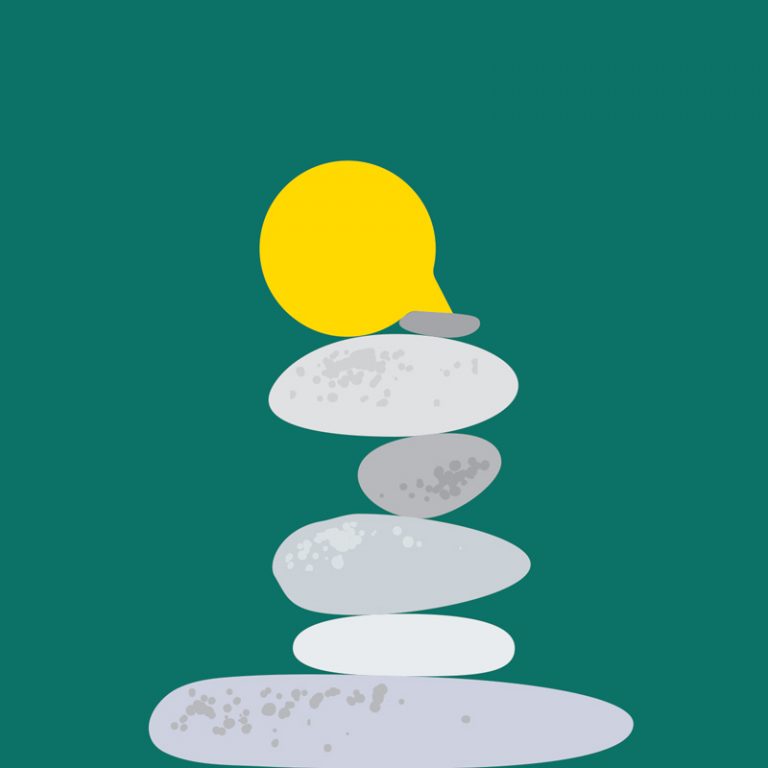A Signal for Communication
Whenever I feel disappointed [in another’s actions], if I don’t address the feeling, it always comes back to harm the relationship. In other words, a feeling of disappointment is like a warning light, telling me that if I don’t do something about it, the relationship could fail. . . . Our feelings of disappointment stem from having expectations of another person that go unfulfilled. Such expectations are often unspoken, and yet we wish that people would somehow figure them out based on nonverbal clues and fulfill them for us. When they’re not met, we become frustrated and want to shout, “Do I have to spell it out every time? Why can’t you figure out what I want by looking at me and my circumstances?” But of course it is difficult to know exactly what someone else expects if they haven’t told us. Without the power of telepathy, how can we know what someone else is expecting? If we do not express our feelings of disappointment, they will start to build up and transform into more difficult emotions, such as anger, hurt, or even betrayal, and we may come to hold a grudge. So it is best to share your disappointment, rather than leaving it to build up inside you. And when you express it, you should be careful not to do so in a way that is aggressive or critical of the other person, or when the other person is angry. Instead, wait until both of you are calm and composed, and talk about only how you feel right then, not what was done or said many years ago. It can feel awkward at first, but after a bit of practice you will be able to stop repressing these feelings, and speak calmly without damaging your relationship.
From Love for Imperfect Things by Haemin Sunim, to be published by Penguin Books, an imprint of Penguin Publishing Group, a division of Penguin Random House, LLC. Copyright © 2016 by Haemin Sunim. English translation copyright © 2018 by Deborah Smith and Haemin Sunim. Haemin Sunim is a widely known Zen Buddhist teacher and writer based in Seoul, South Korea. Follow his teachings and events on Twitter @haeminsunim.
Gratitude Is Our Greatest Gift

There are two aspects to gratitude: appreciation of something and thankfulness directed to its source or cause. As we habitually reflect on all the things we can be grateful for, the two merge and become a facet of our character. . . . This practice is all the more important because we live in a culture that does not encourage us to be grateful. In fact, we are encouraged not to be grateful: consumerism involves dissatisfaction, because if people are happy with what they’ve got, then they are less concerned about getting more. But (to say it again) why is more and more always better if it can never be enough?
From Ecodharma: Buddhist Teachings for the Ecological Crisis, by David R. Loy © 2019. Reprinted with permission of Wisdom Publications. David Loy is a professor, writer, and teacher in the Sanbo Kyodan tradition of Japanese Zen.
Inner Strength, Outward Action

Compassion acts like preventative medicine for many of our afflictions. The greater our compassion, the more peace we will experience. My personal experience is that meditating on the suffering of sentient beings and generating compassion for them helps me to develop inner strength. When inner strength and self-confidence increase, fear and doubt diminish. That makes us naturally more open to others. Others then reciprocate by being friendly, and this nourishes better communication and more positive interactions with them. To the contrary, if we are full of partiality, fear, hatred, and doubt, the door to our heart is closed, and everyone we encounter appears suspicious to us. The sad thing is that we then believe that others are just as suspicious of us as we are of them. That creates distance between us, and this spiral fosters loneliness and frustration. All of us, but especially the younger generation, have the responsibility to make sure that the world is a peaceful place for everyone. This can become reality if we all make an effort to cultivate compassion.
From Samsara, Nirvana, and Buddha Nature, by the Dalai Lama and Thubten Chodron © 2019. Reprinted with permission of Wisdom Publications. His Holiness the 14th Dalai Lama, the spiritual head of the Tibetan people, is a Nobel Laureate and the author of over 100 books. Thubten Chodron, a nun in the Tibetan tradition since 1977, is the founder and abbess of Sravasti Abbey in Washington.
Thank you for subscribing to Tricycle! As a nonprofit, we depend on readers like you to keep Buddhist teachings and practices widely available.
